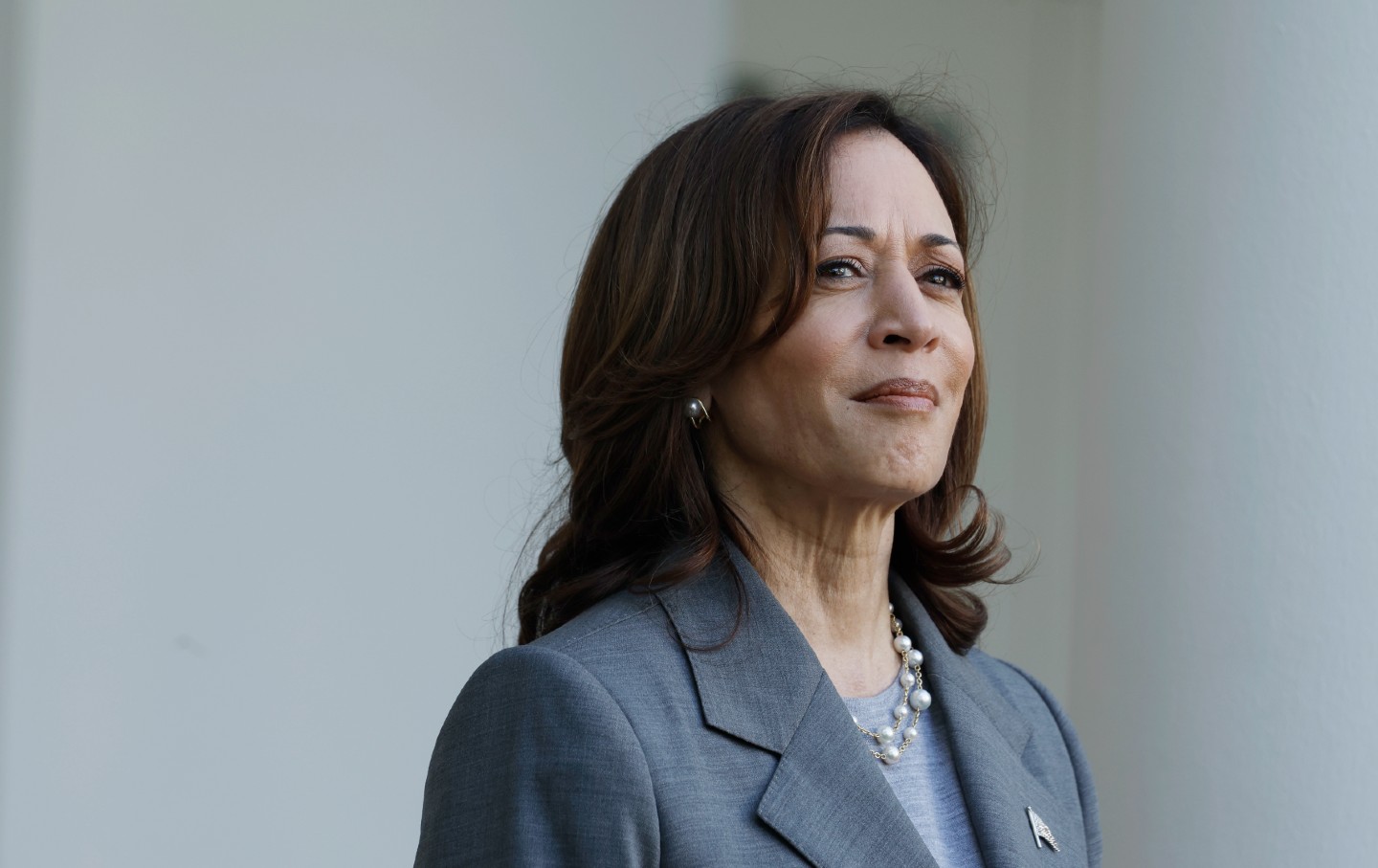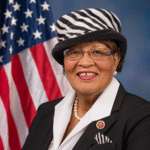By D. Kevin McNeir
Special to the AFRO
Despite the lofty ideas and goals that the founding fathers and their colleagues espoused after the 13 colonies declared their independence from England and created both an alternative form of government and a new country, Americans have always wrestled with the paradox of claiming to be “the land of the free” while only guaranteeing its rights and privileges to a limited few. In its early years, that meant White, property-owning men. As time evolved and perspectives changed, others would gain access to similar rights, regardless of race, religion, economic status or gender. However, while numerous ceilings have been shattered, either resolved within the U.S. judicial system or in the court of public opinion, one “ceiling” has remained intact: America has never had a woman serve as president.
In contrast, many of the world’s leading countries, including Argentina, Iceland, the United Kingdom, India, Israel and the Philippines, have elected a woman to lead their nation in the role of president or prime minister.
Meanwhile, America has held fast to its centuries-old tradition in which only White men have occupied the White House. That is, until voters – Blacks in particular – showed up at the polls in record numbers, securing Barack Obama’s bid to become America’s first Black president.
Now, with fewer than 50 days remaining until the General Election, and with early voting already occurring in some states, Americans are faced with the possibility of a woman, Vice President Kamala Harris, being elected as commander in chief.
Harris, who has rarely commented on the historic first she would achieve with a victory in November, unquestionably stands on the shoulders of women who have chipped away at America’s political glass ceilings, including Jill Stein, Carol Moseley Braun, Geraldine Ferraro and Sarah Palin, to name a few.
Two women, in particular, stand out as having paved the way for Harris as she continues to shock the naysayers in her bid for the White House: Shirley Chisholm, the first woman in Congress (1968) as well as the first woman and African American to seek the nomination for president from one of the two major political parties, (1972) and Hillary Clinton, who in 2016, became the first woman major-party presidential nominee.
But have Americans overcome long-standing views based on racial, ethnic and gender prejudices, biases and stereotypes to such an extent that one can realistically imagine America choosing a woman of color to ascend to the office of president?
The AFRO asked Black voters in Washington, D.C., Maryland and two battleground states, Michigan and Georgia, what issues are among their greatest concerns and if they believe America is ready to vote for a woman of color for president.
Cyril Mayes, 64, an information systems solutions architect who lives just outside of Atlanta in Snellville, Georgia, said he’s worried about the fragile state of the union – a fear which has solidified Harris as his choice for president.
“It seems that Trump has his Supreme Court appointees, most of the Republicans in Congress and a number of state governors who endorse his policies and views that, while often in his best interests, are not in step with those voiced by many Americans – they’re Donald Trump’s lackeys,” said Mayes, who, as a man of faith and a leader in both the AME church and his fraternity Alpha Phi Alpha, said he has long been committed to political activism.
“I’m a husband, father and grandfather and for the sake of future generations, we cannot allow a candidate who has pledged to gut the Department of Education and to overhaul the Department of Justice, presumably to his benefit. I believe Trump would destroy our country’s democratic process so that the voice and vote of everyday Americans no longer matter. If we don’t vote for Harris, that’s what the future holds with Trump.”
Melanie L. Campbell, president/CEO of the National Coalition on Black Civic Participation (NCBCP) and convener of the Black Women’s Roundtable, led a press conference on Sept. 11 to announce the release of NCBCP’s 11th Annual Black Women’s Roundtable Report and to highlight both disparities and recommended solutions for the issues which many Black women face. She spoke to the AFRO following the press conference to further illuminate her concerns.
“Some of the most intellectually powerful Black women in the country are represented in this year’s annual report and we all agree that our theme for the report is one which all Americans should claim: ‘Owning Our Power in 2024: Now is the Time to Participate, Protect, Preserve and Promote,’” Campbell said.
“From a political standpoint, we are witnessing an historical moment that we cannot ignore with Black women stepping forward as nominees for U.S. Senate in three states: California (Rep. Barbara Lee), Maryland (Prince George’s County Executive Angela Alsobrooks) and Delaware (Rep. Lisa Blunt Rochester). We must leverage that power in this new political era as we continue to highlight the most pressing issues facing women of color: the economy and the high cost of living, the right to maintain control over our own bodies including reproduction and our freedom and right to vote.
“As for the two presidential candidates, we find it grossly unfair that within many circles of the media, Harris is expected to almost walk on water while all Donald Trump has to do is show up. Throughout the current election cycle, we have seen women candidates facing bias at alarming rates by the press, including Harris. This is the reality they face which we must vigorously denounce,” Campbell said.
Only 12 Blacks have served in the U.S. Senate since it was established in 1789. Three have been Black women (including Harris in 2017), none of whom served together.
For Loretta Myers, 61, a caregiver for the sick and elderly who lives in Olney, Maryland, Harris stands as the only candidate “qualified for the job.”





